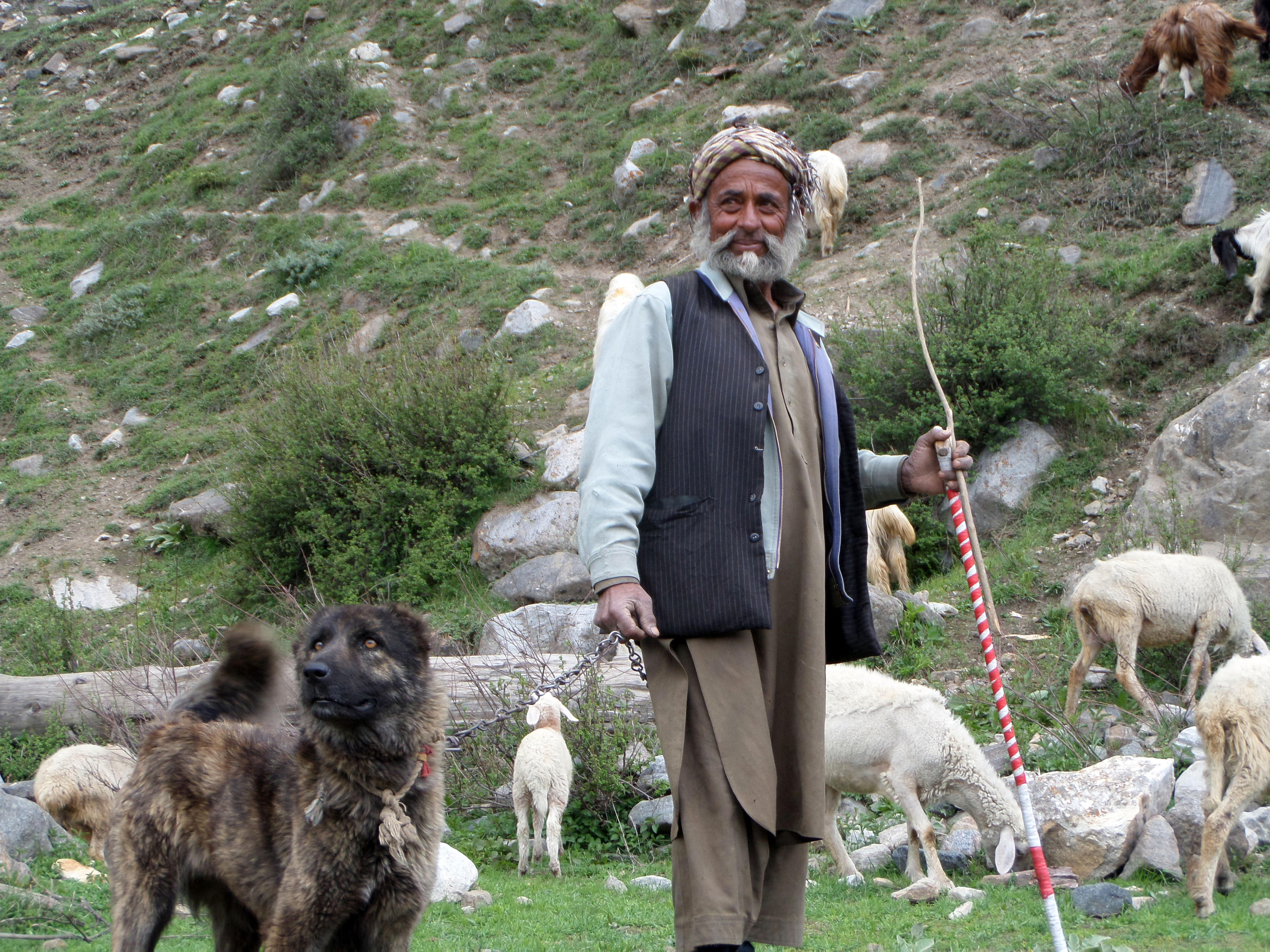A shepherd in Naran Valley, Khyber Pakhtunkhwa province (Pakistan)
Copyright© Saleemmalik432, via wikimedia, CC BY-SA 3.0
Social situation Achievements under threat
Even before the devastating floods of mid-2022, about one fifth of Pakistan's people were considered undernourished. The flood disaster destroyed people's livelihoods in vast areas of the country. In the first half of 2023, an earthquake, severe storms and a cyclone caused additional damage to the country's infrastructure and agriculture. Extreme rain hit Pakistan again in April 2024. According to United Nations figures, about eight million people are experiencing acute food insecurity (as at June 2024). Experts expect that the food crisis will worsen.
Child mortality has decreased continuously in Pakistan over the last few decades but continues to be high. In 2022, Pakistan's under-5 child mortality rate was 61 deaths per 1,000 live births, with undernutrition accounting for nearly half of these deaths.
Inadequate services for a growing population
Each year, Pakistan's population grows by about two per cent. More than one third of the country's inhabitants are below the age of 15. Government spending on health and education is too low to ensure universal provision of services. While the country's education system has improved in the past few years, there are still too many children who drop out of school or do not go to school at all. The illiteracy rate in Pakistan is over 40 per cent. Among women, it is as much as over 50 per cent.
Every year, more than two million young people reach working age. But they have very few job and income opportunities that are in line with international environmental and social standards and contribute to sustainable economic growth.
Some 70 per cent of Pakistan's workforce is employed in the informal sector. The International Labour Organization (ILO) has found the informal economy in Pakistan to be characterised by decent work deficits and challenges such as child and bonded labour, lack of rights at work, working poverty, and gender-based discrimination. Social protection systems are poorly developed and underfunded.
The country's government and authorities are becoming more and more aware that there is a need to invest in education, occupational development, social protection, environmental sustainability and innovation. This is evident from the vocational training reform that is being implemented nationwide, the introduction of health insurance in selected districts, and the efforts to expand financial services for private individuals and enterprises.
As at: 07/08/2024
